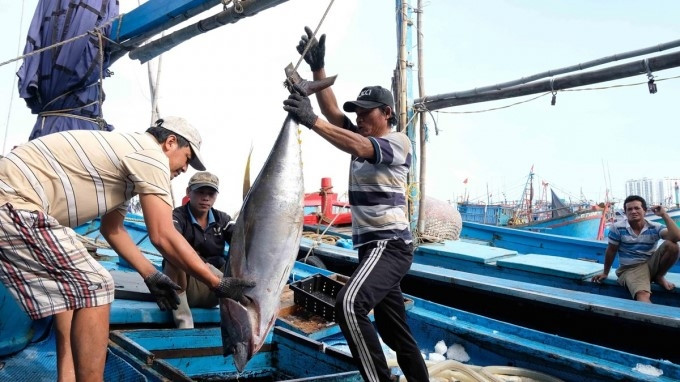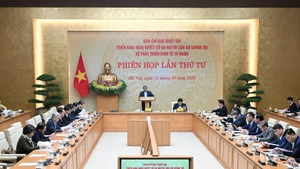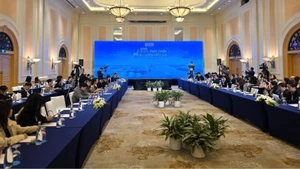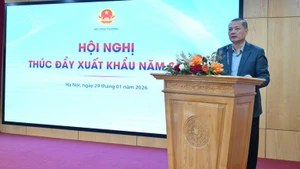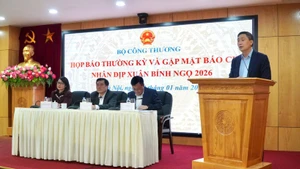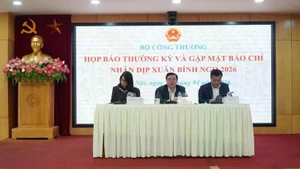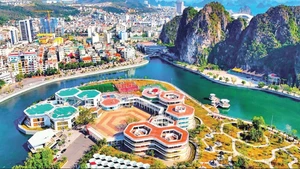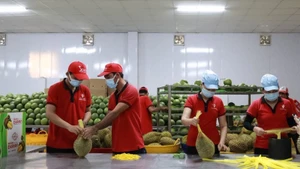In order to protect our aquatic resources, the Ministry of Agriculture and Rural Development (MoARD) has developed a programme for their protection and development and has been planning for a marine protected area system in Vietnam until 2020 under Decision No.742/QD-TTg dated May 26, 2010 and Decision No.188/QD-TTg dated on February 13, 2012, as issued by the Prime Minister.
Over recent years, coastal localities have conducted practical activities to clean the marine environment; protect and rescue endangered and rare aquatic species; restore and regenerate aquatic ecosystems; and develop aquatic resources. As a result, 12 marine protected areas have been formed and put into operation and aquatic resources like 400 million fish seeds with high economic value and indigenous species have been safeguarded. The relevant agencies have investigated, identified and promulgated a list of nearly 50 areas where fishing is prohibited for a definite period to protect areas of concentrated reproduction and places where immature fish live.
However, according to the authorities' assessment, legal violations related to exploitation, contrary to the protection and conservation of aquatic resources still happen regularly and are occurring in a more sophisticated manner. The use of fishing gear and equipment that destroy or harm aquatic resources have diminished the diversity of many marine areas and aquatic resources, especially in terms of coastal aquatic resources.
Although the relevant agencies have detected, prevented and handled thousands of cases related to fishermen’s use of tools of extinction through increasingly strict sanctions, some fishermen still sneakily eradicate all kinds of seafood for their immediate benefit. There have even been fishermen injured or killed due to explosives and electric pulses used to kill fish. Meanwhile, the adjustment and restructuring of fisheries and career changes for fishermen have still been slow.
In order to protect ecosystems and develop aquatic resources, especially endangered, precious, rare and valuable aquatic species, the MoARD should coordinate with coastal localities to further boost propaganda on the Law on Fisheries 2017. The Ministry will continue to investigate, assess and manage water resources and habitats in accordance with reserves and permissible exploitation capacity, so as to not deplete aquatic resources and affect biodiversity thereby. In addition, the relevant agencies should guide the quick and thorough reception and handling of violations related to the exploitation and protection of aquatic resources, especially violations in business and the transfer of explosives, electrical impulses and fishing gear used in outlawed practices.
It is also crucial to review fishing vessels using prohibited and banned fishing gear to instruct and facilitate the change of fishing equipment for fishermen as well as formulating a career change plan for small-capacity ships and boats operating onshore, in order to ensure long-term life for coastal people. The companionship of fishermen and a change in the ways of exploitation can create sustainability in the protection and development of aquatic resources, as well as preserve the sovereignty of the sea and islands.
